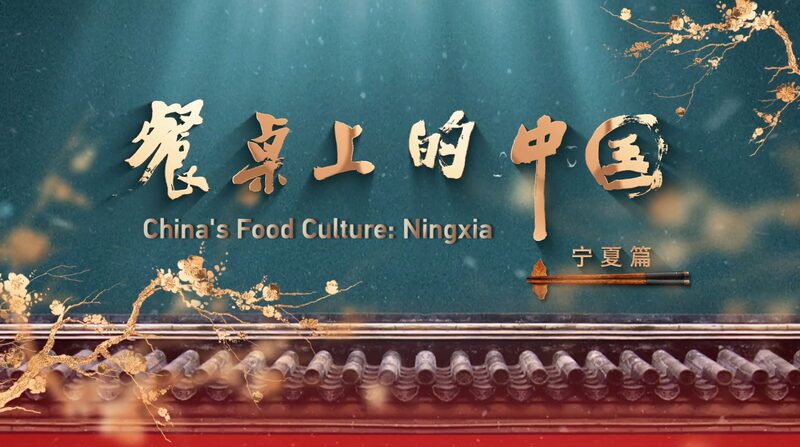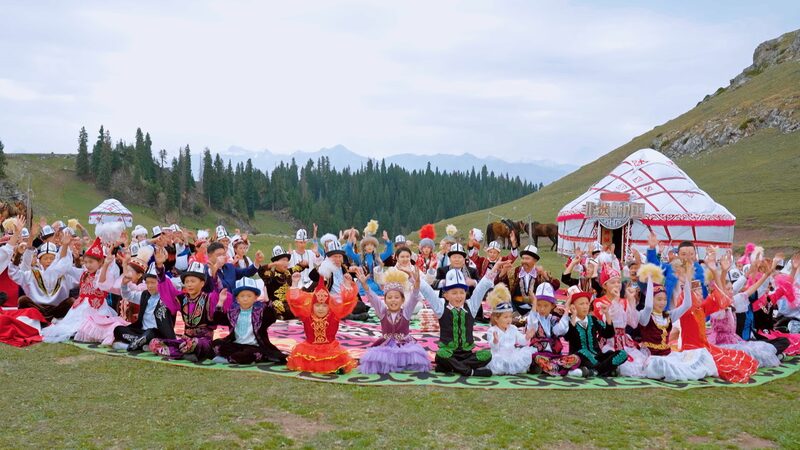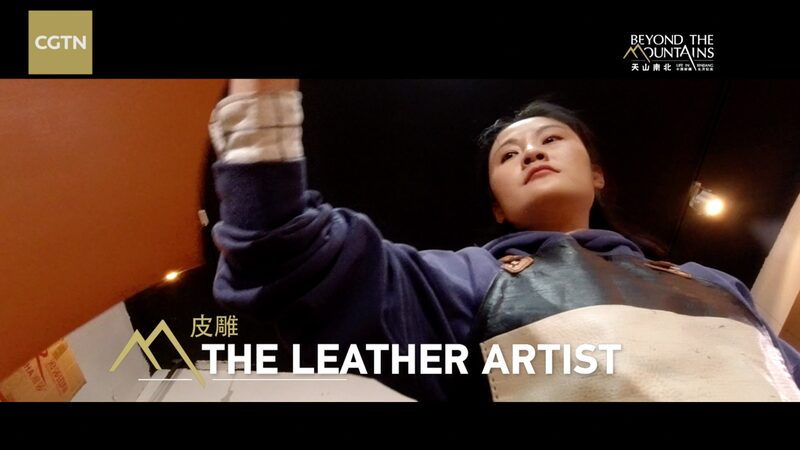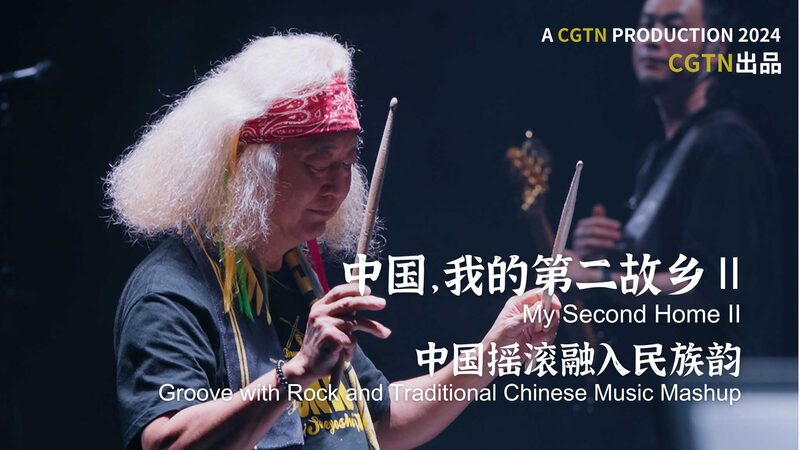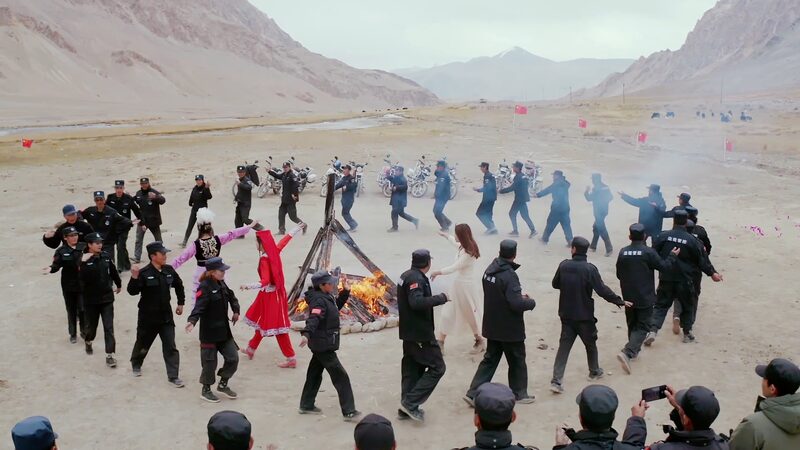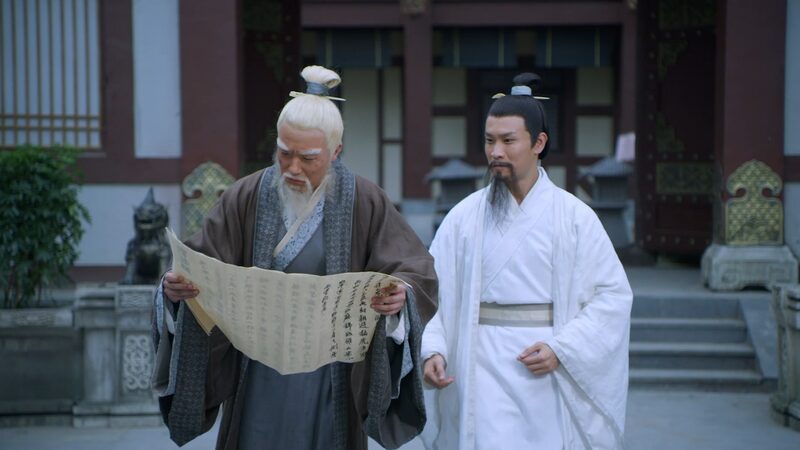Discover Meshrep: The Heartbeat of Xinjiang Uygur Culture
In the vibrant landscapes of China’s Xinjiang Uygur Autonomous Region lies a tradition that encapsulates the soul of the Uygur people—the Meshrep. Literally meaning “party venues,” Meshrep is more than just a gathering; it’s a cultural phenomenon that weaves together music, dance, poetry, and community bonding.
A Tradition Passed Through Generations
Meshrep events are deeply rooted in the history of the Uygur ethnic group. These gatherings serve as a platform for storytelling, moral education, and the preservation of ancient customs. Participants engage in a rich tapestry of activities, including traditional songs, lively dances, and the recitation of epic narratives that have been passed down through generations.
An Experience Like No Other
Attending a Meshrep is akin to stepping into a living museum of Uygur culture. The rhythmic beat of the dap (a traditional frame drum), the harmonious melodies of the rawap (a plucked string instrument), and the graceful movements of the dancers create an immersive experience that captivates all the senses.
Preserving Cultural Heritage
In recent years, efforts have been made to protect and promote Meshrep as an intangible cultural heritage. Recognized by UNESCO, Meshrep stands as a testament to the rich diversity of China’s cultural landscape and the enduring spirit of the Uygur people.
Join the Celebration
For travelers and cultural enthusiasts seeking an authentic experience, participating in a Meshrep offers a unique opportunity to connect with the heart of Uygur traditions. Whether you’re a global reader intrigued by Asian cultures, a scholar researching indigenous practices, or part of the Asian diaspora longing for a connection to home, the Meshrep is a celebration that resonates across boundaries.
So, if you’re curious about what a Xinjiang-style carnival truly feels like, come and immerse yourself in the joy and camaraderie of a Meshrep. It’s an invitation to not just witness but to be part of a living tradition that continues to thrive in the modern world.
Reference(s):
cgtn.com

